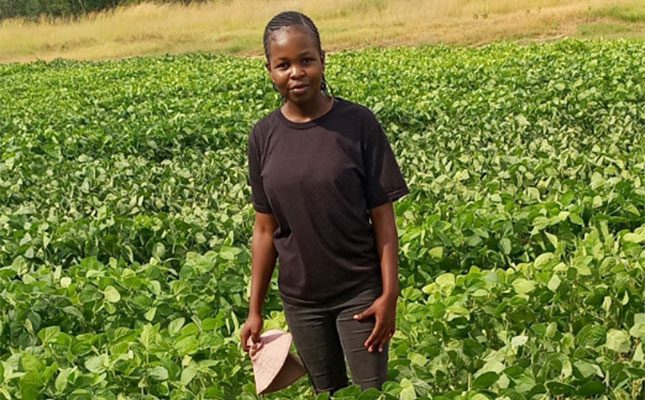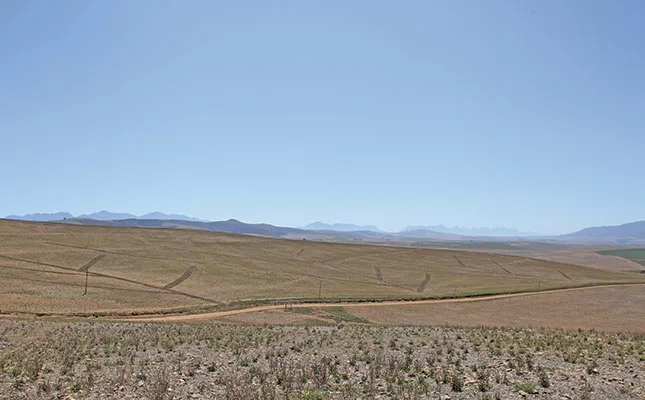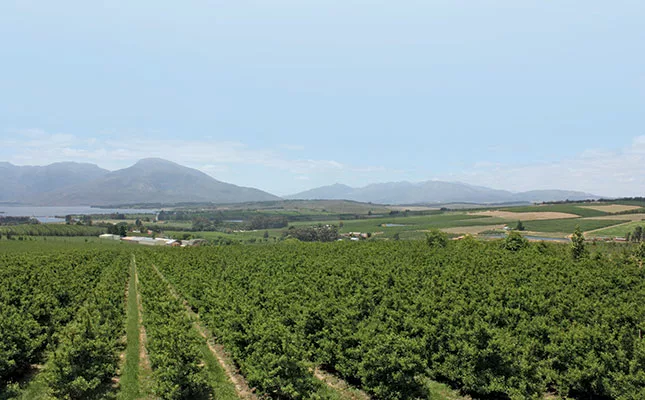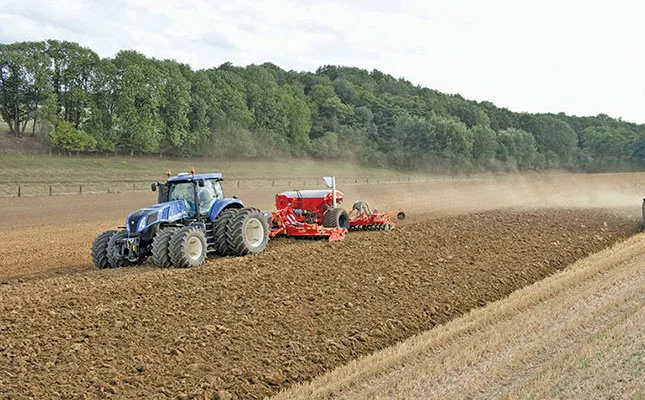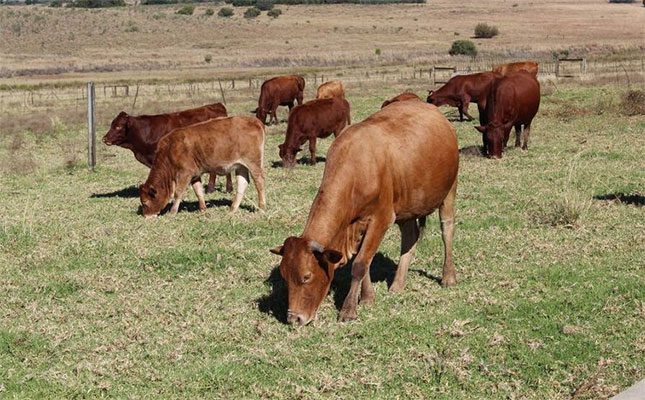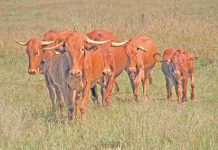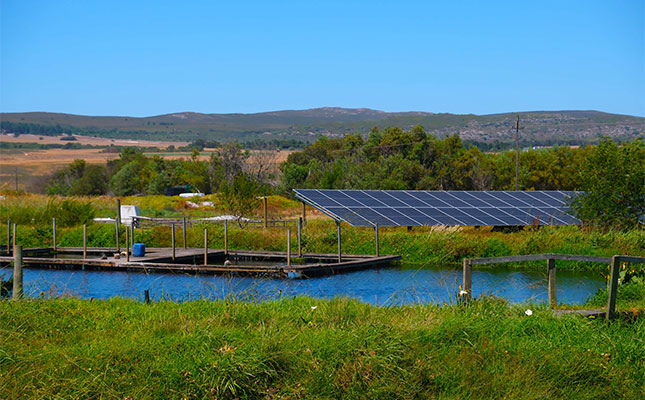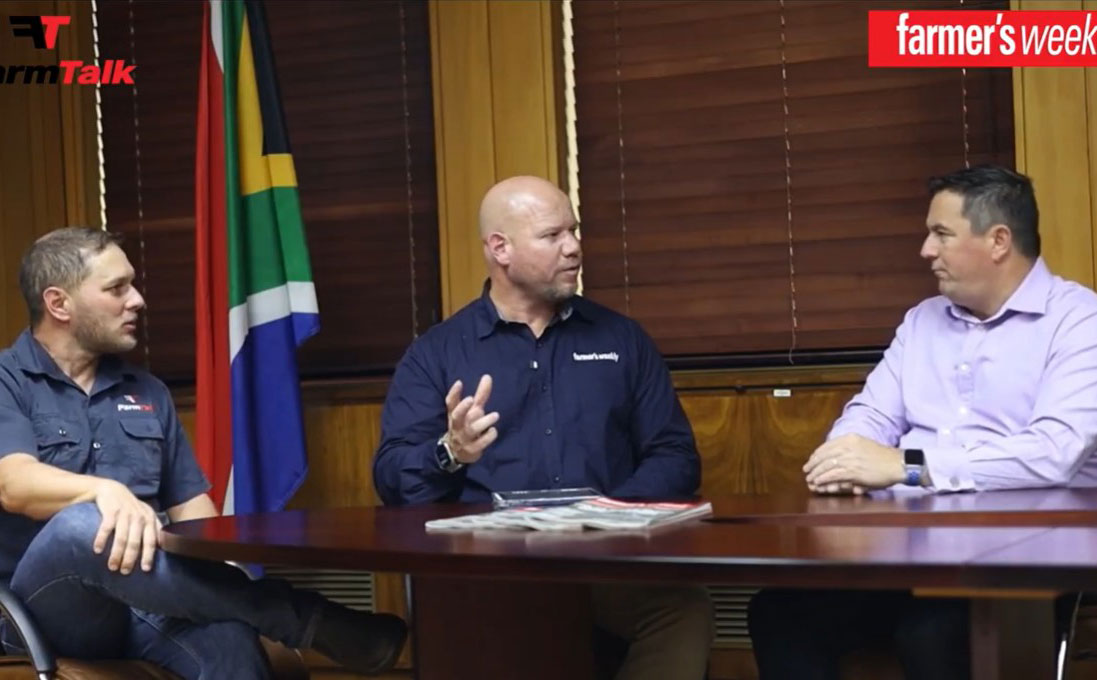
A disturbing, and on the face of it discriminatory, system has developed in the Department of Water Affairs (DWA) since the signing into law of the National Water Act in the late 1990s. A farmer who wishes to apply for a new water use licence or who wishes to transfer it between properties will be discriminated against on the basis of his or her skin colour. If you or your company’s shareholders are white, you’d have a hard time succeeding with your application.
It is ironic given that the third listed purpose of the act makes provision for “redressing the results of past racial and gender discrimination”. Did the drafters of this act, at the advent of South Africa’s new democratic disposition, mean to discriminate against a certain group of people in order to achieve the listed purpose? I am hard pressed to believe this was the case.
Legal framework
Section 27(1) of the Water Act lists 11 factors the official responsible for granting water use licences must take into account. This ranges from efficient and beneficial use of water in the public interest (irrigation of export crops or securing local food supply), to investments already made or to be made with regards to the water use in question (irrigation dams or pumps), to the now infamous racial and gender inequality redress clause.
Regional officials can make recommendations to grant or deny a water use application. These recommendations can be overturned by the national official responsible for granting water use licences. If the applicant is unhappy with the national official’s decision he or she can take the decision to the Water Tribunal. The tribunal was set up by the Water Act and consists of a full-time chairperson and deputy chairperson.
The chairperson, deputy chairperson and other part-time members of the tribunal – who have the power of adjudicating cases brought before it – are appointed by the Minister of Water and Environmental Affairs on the recommendation of the Judicial Service Commission (JSC), the same body that recommends court judges to the country’s president. One or more members of the tribunal can adjudicate a matter brought before them. Tribunal decisions on questions of law can only be appealed to a high court.
Incompetency
This begs the question: Is the granting of water use licences done in a way contrary to the Constitution’s inclusivity of all the country’s people? In the court case of Goede Wellington Boerdery, a farm on the banks of the Berg River in the Western Cape, against the water and environmental affairs minister and the tribunal member Atwell Sibusiso Makhanya, adjudicating the farm’s water use appeal, some disturbing facts emerged.
Goede Wellington applied for 7ha of water rights to be transferred from a nearby farm to its land in 2005. In early 2006 the regional director of water affairs recommended to the chief director for water use that the licence be approved. The chief director declined the application citing that section 27(1)(b), the racial and gender inequality redress clause, had not been adhered to.
In his judgement, Acting Judge James Goodey of the North Gauteng High Court in Pretoria, put some disconcerting facts in the public domain.
Makhanya, sitting as the water tribunal, conceded to the court that he might have been incompetent, but felt he could not be blamed as he had “no legal expert on board”. Acting Judge Goodey said, “It appears that several of the tribunal’s statements in the appeal decision have been copies from an earlier decision by the tribunal on a similar appeal.” The judge also said that the tribunal did not apply its mind to the facts of Goede Wellington’s case when it decided the outcome.
This makes one wonder whether the tribunal gave the Goede Wellington matter any consideration at all. To answer this question, Acting Judge Goodey dismissed the DWA’s modus operandi of looking at the 11 factors of section 27(1) in isolation when deciding to grant a water use licence. He said the decision must be made after taking all 11 factors into account. In Goede Wellington’s case, the effect of the chief director’s decision was that all 11 listed factors were aimed at redressing past racial and gender discrimination. This was not the case as only one factor tried to address it.
This exercise is tantamount to, for example, a farmer’s decision to buy a Dorper ewe. The traditional way of doing it entails that the farmer should look at various factors before making a decision, such as the ewe’s build, the forequarter, the back quarter, the colour of the body, the colour of the hair, the lack of spots and the length of its legs. If a particular Dorper ewe adheres to all the traditional classifications but, say, has a few spots on its legs, would it be wrong for the farmer to buy it?
Not at all. If all the other factors are overwhelmingly positive, it would be dumb not to buy the ewe. It is this same reasoning that the court feels must be followed when dealing with section 27(1) of the Water Act. A farmer’s race or gender should not be the only factor taken into consideration when a water use licence is considered.
Going forward
The DWA has taken the Goede Wellington case on appeal. In November, however, another case involving the same notorious racial and gender inequality redress clause, in the case of Free State farmer Thornton Abbott, was decided in the same way.
There is no chance that the narrow application of section 27(1), previously followed by the DWA and the tribunal, can stand up to constitutional scrutiny.
Not only is the current method of applying the section grossly discriminatory, it also reveals utter ineptitude by the tribunal in the Goede Wellington case – not to mention the “copy and paste” procedure followed. A plagiarism case ought to be brought against the tribunal sitting in the Goede Wellington case.
Two suggestions are in order. Firstly, members of the tribunal should be vetted more thoroughly. The public should have the right to scrutinise potential members, as is the case with judicial appointments to the country’s higher courts. Secondly, the Water Act should be amended to set minimum levels of expertise and experience for potential tribunal members. In this way members of the public can force the JSC to recommend people in the know and prevent taxpayer’s money being spent on cases evolving from ineptitude.
The views expressed in our weekly opinion piece do not necessarily reflect those of Farmer’s Weekly.
Get trusted farming news from Farmers Weekly in Google Top Stories.
➕ Add Farmers Weekly to Google ✔ Takes 10 seconds · ✔ Remove anytime
